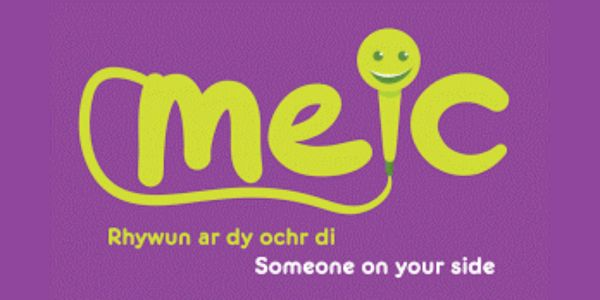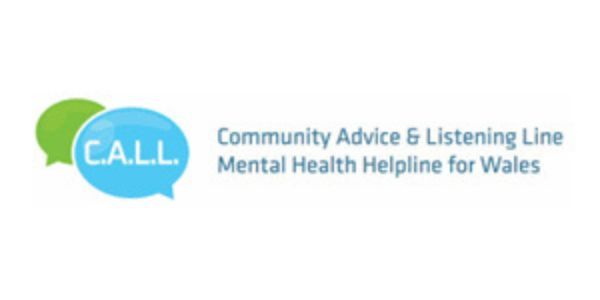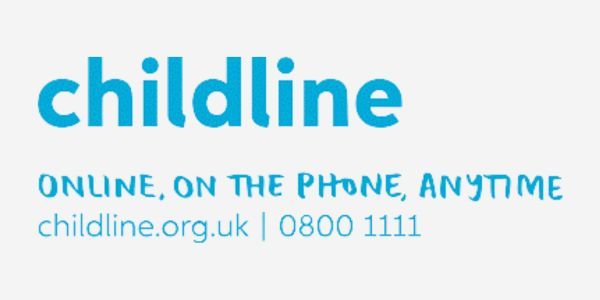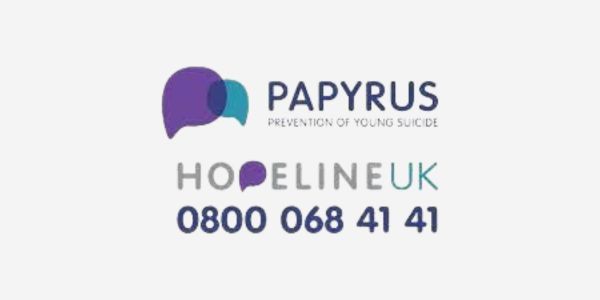Fever and Rash
If your child has any of the following features:
- Is going blue around the lips
- Too breathless to talk / eat or drink
- Becomes pale, mottled and feels abnormally cold to touch
- Becomes extremely agitated, confused or very lethargic (difficult to wake)
- Develops a rash that does not disappear with pressure (the ‘Glass Test’)
- Develops swollen lips, a swollen tongue and is struggling to breath
- Is under 1 month of age with a temperature of 38°C / 100.4°F or above
You need urgent help.
Go to the nearest Hospital Emergency (A&E) Department or phone 999
If your child has any of the following features:
- Develops a painful rash
- Develops a blistering rash
- Develops a rash affecting more that 90% of their body
- Has had chickenpox in the past few days and is now getting more unwell with a high fever and spreading red rash
- Develops red lips or a red tongue
- Develops significant skin peeling
- Is between 1-3 months of age with a temperature of 38°C / 100°F or above; or 3-6 months of age with a temperature of 39°C / 102.2°F or above (but fever is common in babies up to 2 days after they receive vaccinations).
- Continues to have a fever of 38.0°C or above for more than 5 days
You need to contact a doctor or nurse today.
Please ring your GP surgery or contact NHS Wales 111
- If none of the above features is present, most children with fever and rash can be safely managed at home.
- If you think that this is a worsening of your child’s eczema, optimise your child’s eczema treatment or see their GP or practice nurse.
Self care
Continue providing your child’s care at home. If you are still concerned about your child, ring your GP surgery or contact NHS Wales 111
Most rashes require no medical input and simply get better by themselves without any treatment. This includes viral rashes. If your child has a fever and is distressed, you may consider giving them paracetamol (calpol) and/or ibuprofen (although ibuprofen should be avoided if your child has chickenpox).Some rashes require you to keep your child off from nursery or school. This includes chickenpox and scarlet fever. Take a look at the Healthier Together website for more information under the “Should your child go to nursery/schooltoday?” section.
Skin rashes are extremely common in babies and children. A skin rash associated with fever is most often due to a viral infection. This occurs along with other symptoms such as runny nose and cough. The rash can vary in shape and size,usually appearing as blotchy red spots commonly affecting most of the body. These rashes are called ‘non-specific’,which means that it is hard to say which specific virus is the cause.
Most rashes usually appear quite quickly and only last for a few days.
Not all rashes are due to viral infections. If your child develops a rash that doesn’t fade under pressure using the glass test, they need to be seen urgently by a doctor. Other features that you should look out for painful skin rashes, blistering rashes and rashes affecting the lips and tongue. If you child has had chickenpox in the past couple of days and is now getting more unwell with a high fever and a spreading red rash, they need to be seen urgently. If your child appears unwell to you, in terms of being difficult to rouse, pale and floppy or if they are struggling to breath, you should have them seen urgently by a doctor. If their temperature stays above 38°C for more than 5 days, you should also have them seen.
This guidance is written by healthcare professionals from across Hampshire, Dorset and the Isle of Wight.
NHS 111 Wales
Website: NHS 111 Wales
NHS 111 Wales (Option 2) telephone service is available 24/7 and can be used for urgent mental health advice and support.
Meic
Website: www.meiccymru.org
Meic is the helpline service for children and young people up to the age of 25 in Wales. Chat online, freephone 080880 23456, or text 84001.
C.A.L.L. Community Advice Listening Line
Website: www.callhelpline.org.uk
Provides a confidential mental health listening and emotional support line which is open 24/7. Call 0800 132 737 or text ‘help’ to 81066.
Shout
Website: www.giveusashout.org
Text ‘shout’ to 85258 anytime, day or night.
Childline
Website: www.childline.org.uk
If you’re under 19 you can confidentially call, chat online or email about any problem big or small.
Samaritans
Website: www.samaritans.org/wales/samaritans-cymru/
Call 116 123 free, anytime, day or night.
Papyrus
Website: www.papyrus-uk.org
Are you, or is a young person you know, not coping with life? For confidential suicide prevention advice contact HOPELINEUK. We are open 9am–midnight every day.
Campaign Against Living Miserably (CALM) for men
Website: www.thecalmzone.net
Need help? Call our helpline 5pm-midnight, 365 days a year on 0800 58 58 58.
DAN 24/7 - Wales Drug and Alcohol Helpline
Website: www.dan247.org.uk/
Freephone 0808 808 2234, or text DAN to 81066.
NHS 111 Wales
Website: NHS 111 Wales
NHS 111 Wales (Option 2) telephone service is available 24/7 and can be used for urgent mental health advice and support.
Meic
Website: www.meiccymru.org
Meic is the helpline service for children and young people up to the age of 25 in Wales. Chat online, freephone 080880 23456, or text 84001.
C.A.L.L. Community Advice Listening Line
Website: www.callhelpline.org.uk
Provides a confidential mental health listening and emotional support line which is open 24/7. Call 0800 132 737 or text ‘help’ to 81066.
Shout
Website: www.giveusashout.org
Text ‘shout’ to 85258 anytime, day or night.
Childline
Website: www.childline.org.uk
If you’re under 19 you can confidentially call, chat online or email about any problem big or small.
Samaritans
Website: www.samaritans.org/wales/samaritans-cymru/
Call 116 123 free, anytime, day or night.
Papyrus
Website: www.papyrus-uk.org
Are you, or is a young person you know, not coping with life? For confidential suicide prevention advice contact HOPELINEUK. We are open 9am–midnight every day.
Campaign Against Living Miserably (CALM) for men
Website: www.thecalmzone.net
Need help? Call our helpline 5pm-midnight, 365 days a year on 0800 58 58 58.
DAN 24/7 - Wales Drug and Alcohol Helpline
Website: www.dan247.org.uk/
Freephone 0808 808 2234, or text DAN to 81066.
- Try to stay calm.
- Tell them you are there for them and that you are not upset or angry.
- Tell them you are pleased they have told you they are having thoughts of harming themselves and that you are able to help them through this time.
- Listen to what they are saying even if they are venting anger or other negative emotions at you.
- Listen without interrupting.
- Validate their thoughts and feelings – they are real and important.
- Try to be emotionally available and present for your child.
- Once things appear to be settling please encourage your child to relax as the day/ evening progresses and make some suggestions for things you can do together to distract them from their thoughts (see below for some ideas).
- Try to proactively manage any potential conflicts or arguments within your immediate environment.
- Be mindful of excessive use of mobile devices but that young people really need to feel connected to others at times of distress.
If you are concerned that your child/ young person is at risk of harming themselves, please ensure the following:
- All medications (prescribed/ over the counter/ vitamins) are removed and/ or locked in a strong lockable medical box or locked cupboard. Medication needs to be stored in this way in all houses where the young person stays, including grandparents, foster carers, step parents and residential homes.
- All sharp objects, such as knives and razor blades, to be removed and/ or stored securely.
- Ensure the young person has not got a stock of medication or sharp objects in their room or amongst their property.
- Other environmental risks in your home should be considered, e.g. removing ropes, ties, dressing gown ties.
- Do not allow your child/ young person to go out alone or with friends during times of distress and when they are voicing thoughts of self-harm or suicide.
- Monitor your child/ young person’s mood and behaviour closely.
- Increase your presence and supervision of your child at home, if needed remaining awake or checking on them during the night.
- Ask them about thoughts of self-harm and suicide.
- Look out for any warning signs in your child/ young person that they might be struggling.
- Distract yourself - watch a film or TV programme, play a computer game that absorbs your mind, or read a book you’re really interested in
- Get creative – drawing, mindful colouring, taking photos, listening to music, singing
- Get moving – walk, run, dance, do an exercise or yoga video
- Comfort yourself – have bubble bath or shower, eat something you like, stroke a pet, cuddle up tightly in a blanket, rock/ hug yourself, spray a favourite perfume
Alternatives to self-harm when the urge to harm is very strong:
- Hold ice in your hand for as long as you can
- Step under a cold shower briefly
- Run your hands under cold water
- Snap an elastic band against your wrist
- Hit a cushion against the wall or bed
- Punch a punch bag or pillow
- Go for a fast paced walk or run up and down the stairs several times
- Tear or scrunch up paper













